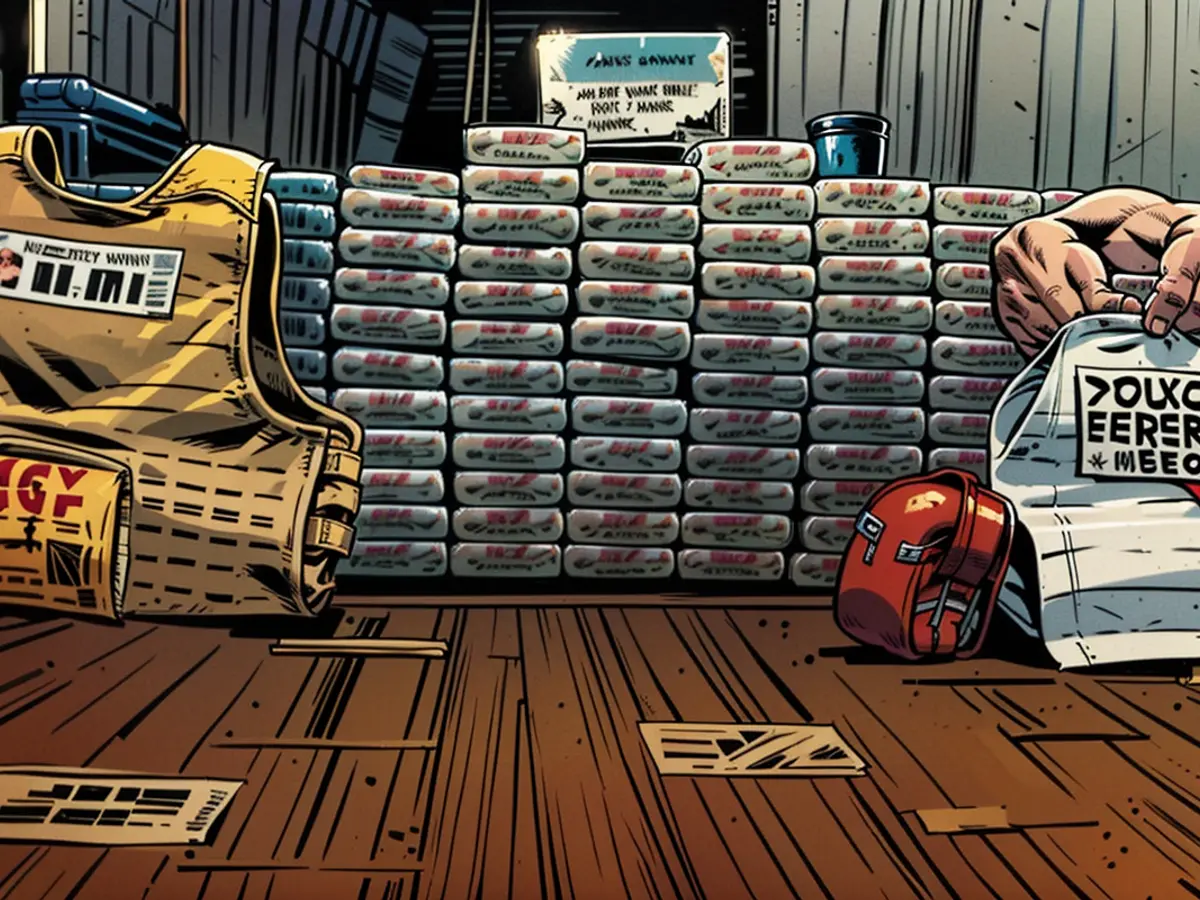- Raids on drug rings in Brazil's ports
The Brazilian Federal Police has launched a major operation against a criminal organization that uses ports and logistics companies for drug trafficking. During raids in several states, 27 search and seizure warrants and 12 arrest warrants were executed, the Polícia Federal announced. The aim of the operation was to dismantle this network operating in southern Brazilian ports.
"Investigations revealed that the criminal organization was involved in drug trafficking, from recruiting port workers to founding logistics, container loading, and transportation companies," the Federal Police said. During the investigations, approximately six tons of cocaine were seized and 16 people were arrested in the act.
A portion of the cocaine originating from Bolivia was loaded onto ships bound for African and European countries. The other portion was pulverized and supplied to criminal gangs for domestic distribution. Suspects could face up to 30 years in prison depending on the extent of their involvement in "drug trafficking and association to traffic drugs."
After the United States, Europe is the largest market for cocaine from South American producer countries Colombia, Peru, and Bolivia. Last year, more than 300 tons of cocaine were seized in European ports. In Antwerp alone, investigators secured a record 121 tons of cocaine - about ten percent more than the previous year.
Currently, drug smuggling is shifting from North America to Europe, likely due to higher prices, according to German customs. In addition to the typical route from Colombia via Central America to the USA or via Ecuador to Europe, the route via Paraguay, Argentina, or Brazil to Europe is gaining significance, according to the latest assessment by the United Nations Office on Drugs and Crime.
The criminal organization also utilized legitimate-looking companies to camouflage their illegal activities, with the 'Other' portion of the seized drugs intended for domestic distribution within Brazil. As the global demand for illicit substances persists, international efforts to combat drug trafficking will continue to be an urgent priority.





